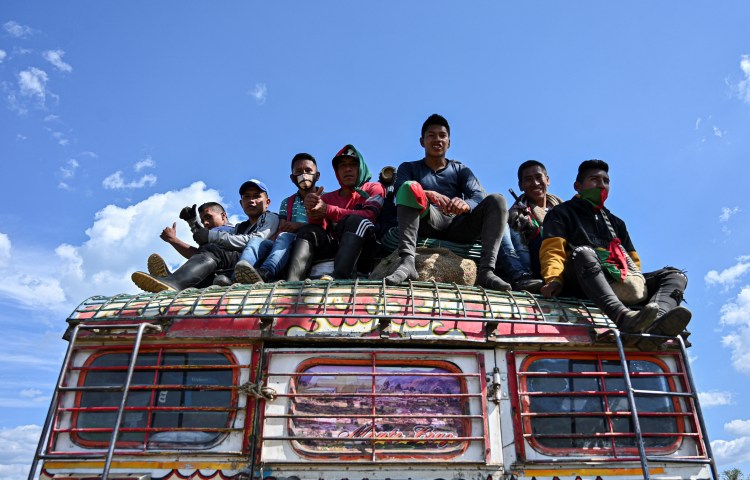
Colombia’s Indigenous ‘communicators’ face special challenges reporting for their communities
Mabel Quinto Salas is a reporter for Radio Pa’yumat, a station in the Northern Cauca region of Colombia. But she doesn’t identify as a journalist. Instead, she calls herself a “community communicator,” a category that is common among Colombia’s Indigenous communities. “Communication is seen as a tool for visibility, for denunciation of human rights violations, but also for…
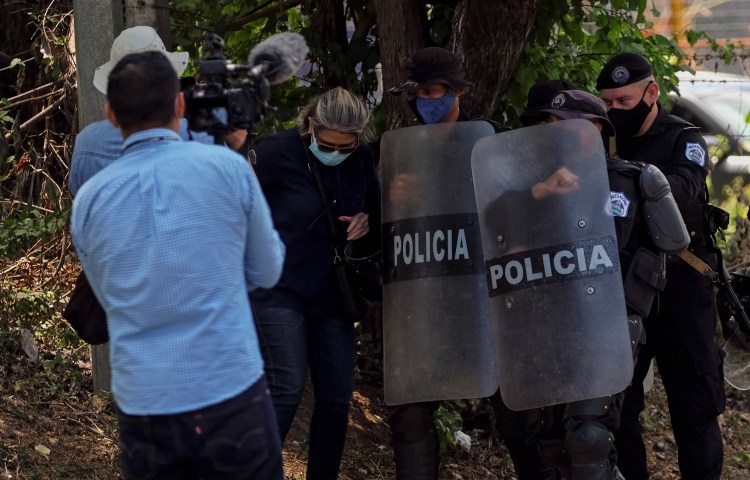
A press freedom crisis unfolds in Latin America
As the number of journalists imprisoned globally for their work climbs to record highs, cases of those behind bars in Latin America remained relatively low. A total of six – three in Cuba, two in Nicaragua and one in Brazil – were in custody for their work as of December 1, according to the Committee…
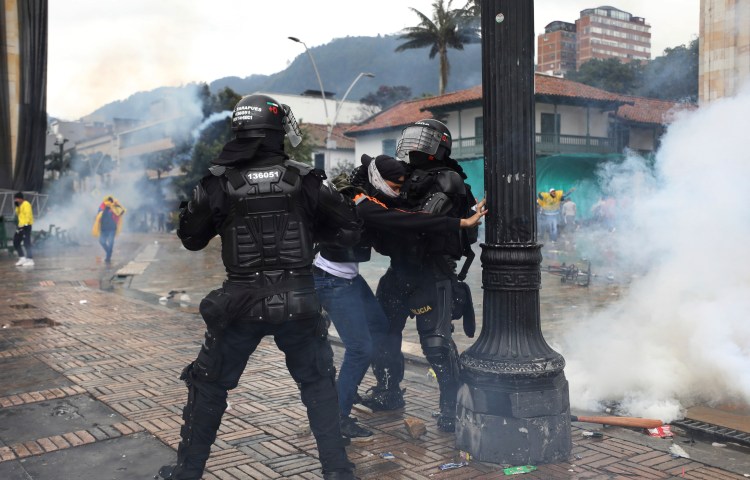
CPJ, partners call on Colombian authorities to address press freedom violations in protest response
The Committee to Protect Journalists, Reporters Without Borders (RSF), and IFEX-ALC–which includes 24 member organizations across Latin America–yesterday sent a letter to Colombian President Iván Duque and three other high-ranking Colombian officials urging them to investigate press freedom violations committed by state security forces responding to protests and guarantee Colombians’ rights to access information and…
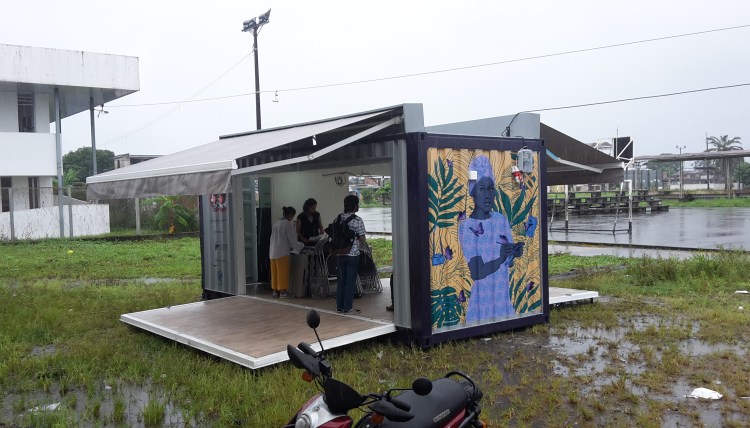
In Colombia, a shipping container on wheels brings a roving reporting workshop to news deserts
Can the key to ending news blackouts in isolated areas of Colombia come from inside a shipping container? The Bogotá-based Foundation for Press Freedom (FLIP) thinks so. In an experiment to turn community activists into reporters in regions that lack local news outlets, FLIP has converted a shipping container into a roving journalism classroom. For…
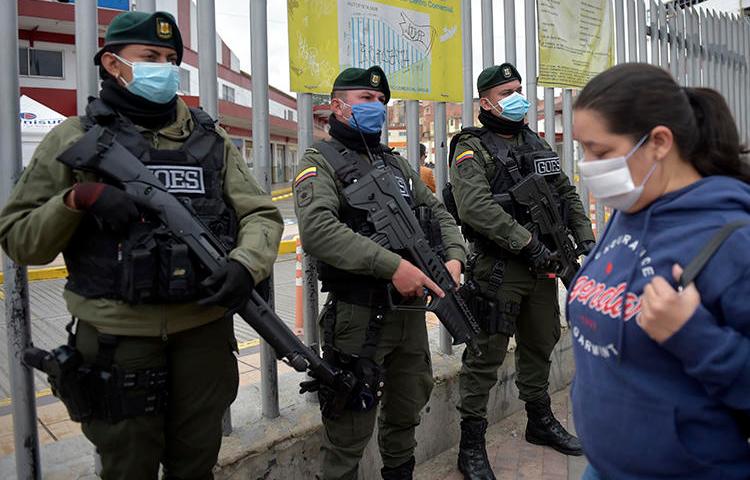
CPJ joins letter calling on Colombia to strengthen protections for journalists
The Committee to Protect Journalists on May 4 joined more than 100 civil society organizations in an open letter calling on Colombia’s National Protection Unit to adopt measures to ensure the safety of journalists and other human rights defenders under increased threat due to the COVID-19 pandemic.
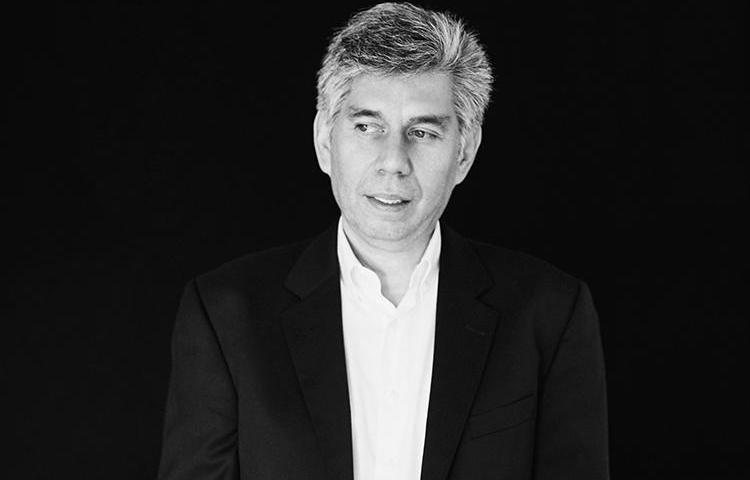
CPJ joins statement of concern over safety of Colombian journalist Daniel Coronell
The Committee to Protect Journalists joined the Fundación para la Libertad de Prensa (FLIP), a Colombian press freedom organization, in issuing a statement on October 4 expressing concern for the safety of journalist Daniel Coronell.
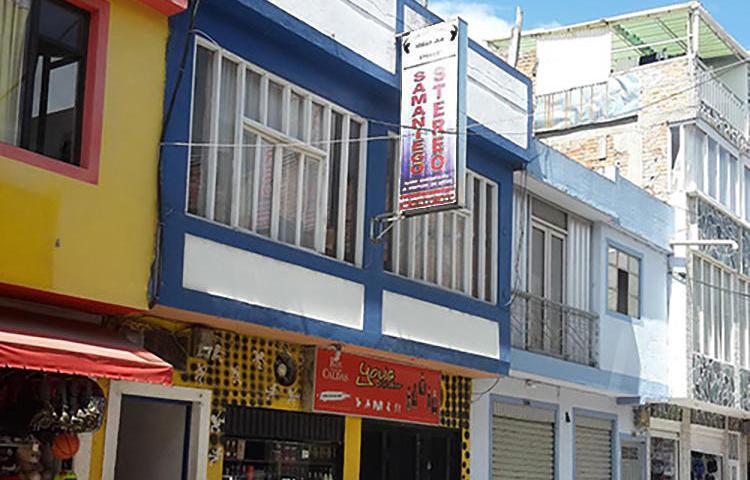
Killing of radio journalist highlights dangers for local reporters in Colombia’s border region
The otherwise Spartan studio of Samaniego Stereo is adorned by a white banner emblazoned with the image of Libardo Montenegro, a veteran reporter for the community radio station in southern Colombia who was shot dead on June 11. Under his photo are the words: “You will live in our hearts forever.”
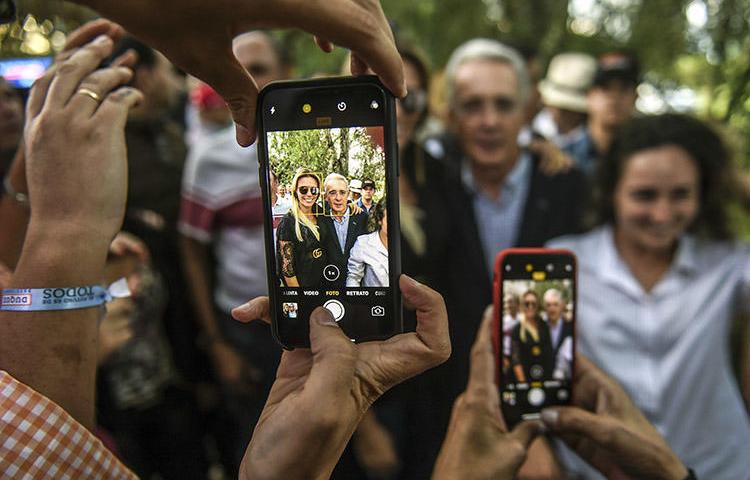
Uribe lawsuit part of ‘systematic campaign to silence me,’ Colombian reporter Coronell says
A civil defamation lawsuit filed in a U.S. court by former Colombian President Álvaro Uribe Vélez against journalist Daniel Coronell is the latest broadside in a long and bitter dispute pitting one of Colombia’s most powerful politicians against an investigative reporter.
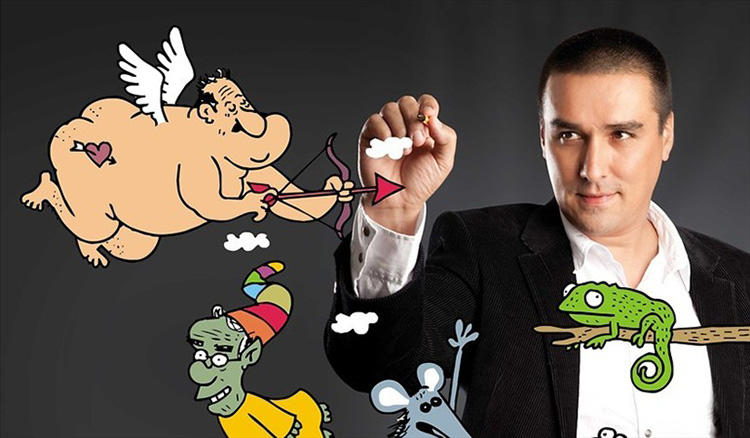
Death threat drives Colombian cartoonist Matador offline
During his 15-year career satirizing public figures, Colombia’s best-known editorial cartoonist has made numerous enemies. In his drawings for the Bogotá daily El Tiempo, Julio César González, better known by his pen name, Matador, targets politicians of all stripes.
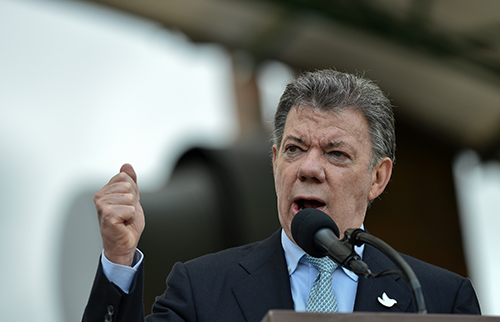
Are intelligence sector reforms enough to protect Colombia’s journalists?
When Colombia’s national intelligence agency, known as DAS, was disbanded in October 2011 after revelations of illegal surveillance and harassment of the press and public figures, many journalists breathed a sigh of relief. But recent claims of reporters being spied on and government agencies buying advanced surveillance technology without ensuring clear guidelines over its use,…